Looking for Veggie Gardening Mentor
janelkae
18 years ago
Related Stories
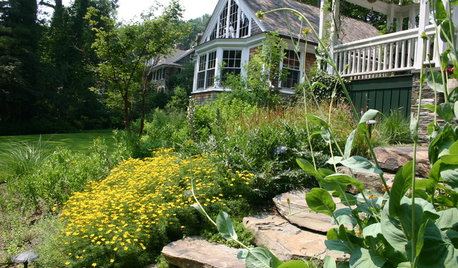
NATIVE PLANTS5 Ways to Keep Your Native Plant Garden Looking Good All Year
It’s all about planning ahead, using sustainable practices and accepting plants as living organisms
Full Story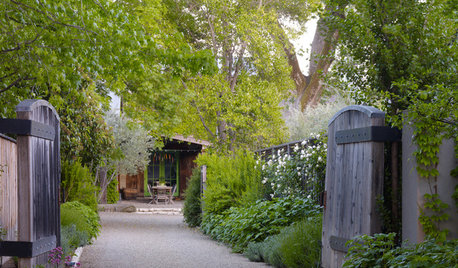
LANDSCAPE DESIGNGet the Look: California Wine Country Garden Style
Design your garden for laid-back outdoor living inspired by Napa and Sonoma
Full Story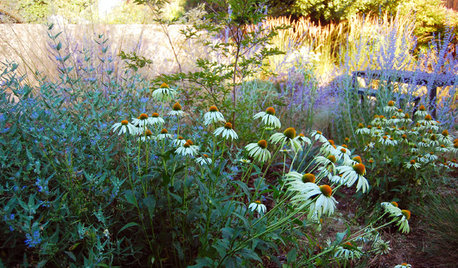
REGIONAL GARDEN GUIDESCalifornia Gardener’s September Checklist
Kick-start the fall planting season with these ideas for bulbs, grasses, shrubs, perennials and cool-season veggies
Full Story0
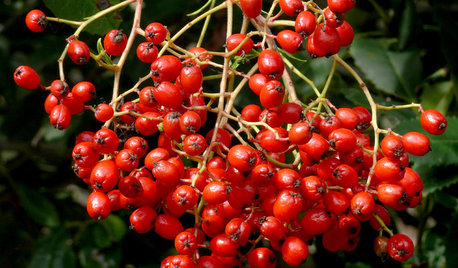
REGIONAL GARDEN GUIDESCalifornia Gardener’s December Checklist
Winter-blooming flowers to add to beds, cool-season veggies to plant and other ideas to take advantage of the season
Full Story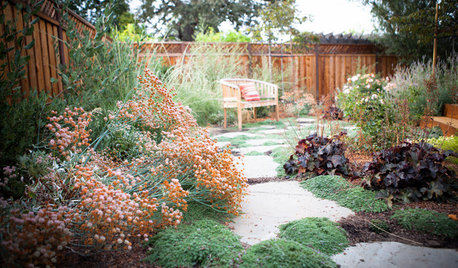
REGIONAL GARDEN GUIDESCalifornia Gardener’s October Checklist
Keep planting natives, veggies, wildflowers and bulbs, or tackle a garden project or two before winter arrives
Full Story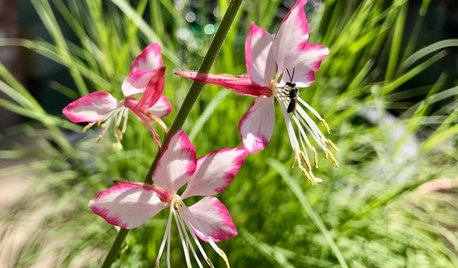
GARDENING GUIDESHow to Find Your Garden’s Voice
Incorporate plants native to your region for a memorable space that brings back the landscape’s ‘regional accent’
Full Story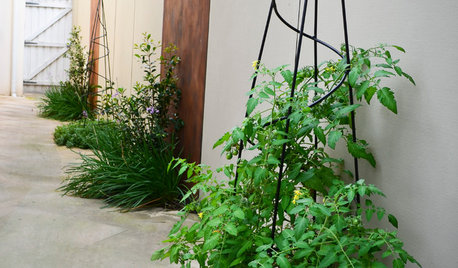
GARDENING GUIDES10 Unexpected Spots for Growing Fruits, Veggies and Herbs at Home
Look beyond the kitchen garden or backyard raised bed for growing your favorite edible plants
Full Story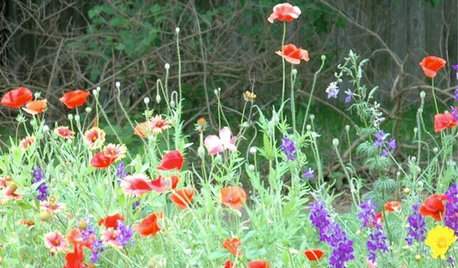
GARDENING GUIDESTexas Gardener's October Garden Checklist
Earn a "free" bonus by dividing perennials, make planting a priority now for hardy growth next year and keep an eye on your lawn
Full Story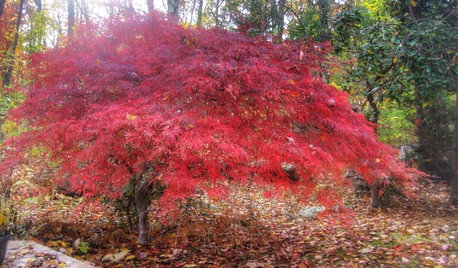
REGIONAL GARDEN GUIDESCalifornia Gardener’s November Checklist
Take advantage of mild weather to cross garden chores off your list, plant natives and plan for fire safety
Full Story0
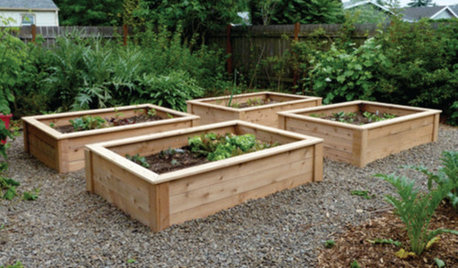
PRODUCT PICKSGuest Picks: Rustic Garden Refinements
Boost garden style while growing veggies and flowers with weathered wood, raw-looking metal and other natural materials
Full StorySponsored






megansarah
SandiBluffs
Related Professionals
Horsham Landscape Architects & Landscape Designers · Willowick Landscape Architects & Landscape Designers · Beverly Hills Landscape Contractors · Bristol Landscape Contractors · Camp Verde Landscape Contractors · Crystal Landscape Contractors · Dedham Landscape Contractors · Golden Landscape Contractors · Huntington Landscape Contractors · Lancaster Landscape Contractors · Maywood Landscape Contractors · San Rafael Landscape Contractors · Waipahu Landscape Contractors · Crowley Landscape Contractors · Solana Beach CarpentersjanelkaeOriginal Author
SandiBluffs
putzer
megansarah
janelkaeOriginal Author
megansarah
SandiBluffs
sandlady
lynxville
tootswisc
newgrdenrmn
janelkaeOriginal Author